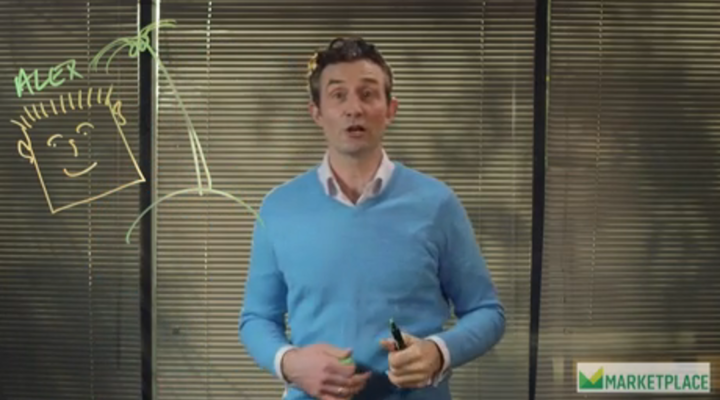
Debt is bad, right?
Every day we hear a chorus of voices damning the Treasury for issuing truckloads of debt; cursing the Federal Reserve for buying bonds by the barrel, and excoriating the American consumer for taking out loans to buy cars, homes, consumer goods…oh, and their education. Debt is bad, the message goes. Debt is evil. Debt will drag you into poverty and an early grave.
Well, yes, debt can do that. If you borrow too much, or if you handle your debt poorly.
But if you do it right, going into debt can make you very, very rich. In fact, debt, or borrowing, or using leverage, or whatever you want to call it, is one of the oldest and most proven methods of building wealth.
Have you ever heard the phrase “His ship came in”? It refers to someone who gets a windfall or cashes in on an investment. This adage dates to the fifteenth century, when an investor would finance a trading voyage to India or beyond. Some investors risked their own money, but others borrowed heavily, hoping the ship would return stuffed with spices, silks, and precious stones that would fetch a huge profit. Many of these ships disappeared on the high seas without a trace, but if the ship did eventually come in to its home port, the investor would rejoice, sell the cargo—and pay off his debt.
Indeed, borrowing money is one of the oldest engines of economic growth. If business owners hadn’t been able to borrow, the great trading fleets of Britain, China, Portugal, Arabia, and Spain, to name but a few, would never have been launched, the engineers of the industrial revolution would never have been financed, and the medicines and surgical technology that save so many lives today would never have been created.
Most of us learn how to go into debt before we can even walk. If you doubt this, take a close look at children playing in a schoolyard. The kids having the most fun are doing what every good parent encourages her child to do more than anything else: share. When children share with each other, they make friends, socialize, and mature as human beings. The child that refuses to share risks ending up friendless, isolated, antisocial, and emotionally stunted.
No parent would argue that sharing is a bad thing. And yet sharing is nothing more than borrowing and lending. Fiona learns quickly that she can’t simply take Jimmy’s toy truck if she likes the look of it. Jimmy has to agree to hand it over, and Fiona has to agree to give it back.
Children learn very quickly what an obligation is: Jimmy agrees to share his truck with the understanding that Angela is obliged to return it. Angela is also aware of her obligation. It’s a contract, the breach of which is likely to end in tears—and often does.
Excerpt from Man vs Markets Economics Explained, Plain and Simple, by Paddy Hirsch.
There’s a lot happening in the world. Through it all, Marketplace is here for you.
You rely on Marketplace to break down the world’s events and tell you how it affects you in a fact-based, approachable way. We rely on your financial support to keep making that possible.
Your donation today powers the independent journalism that you rely on. For just $5/month, you can help sustain Marketplace so we can keep reporting on the things that matter to you.












